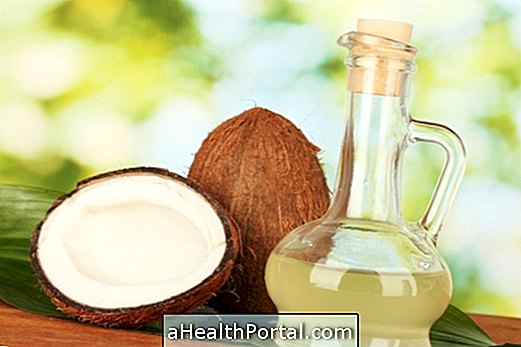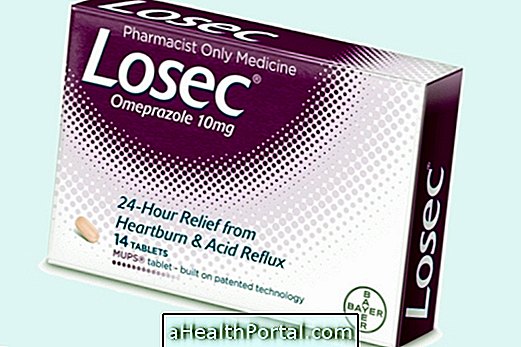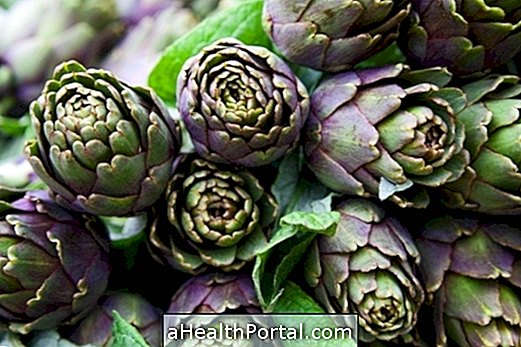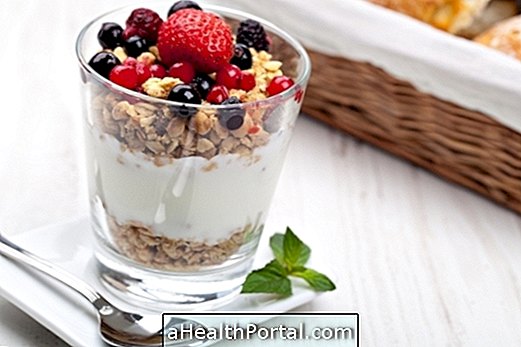Extra virgin coconut oil is the type that brings the most benefits to health, because it does not go through processes of refinement that end up causing the food to undergo changes and lose nutrients, besides not contain additives such as artificial flavorings and preservatives.
The best coconut oil is the extra virgin cold pressed because this ensures that the coconut was not placed at elevated temperatures to extract the oil, which would diminish its nutritional benefits.
In addition, oils that are stored in glass containers, which interact less with fat than plastic containers, should be preferred. See How to Make Coconut Oil at Home.

Nutritional composition of coconut oil
The following table shows the nutritional composition for 100 g and 1 tbsp of coconut oil:
| Amount: | 100 g | 14 g (1 tablespoon) |
| Energy: | 929 kcal | 130 kcal |
| Carbohydrate: | - | - |
| Protein: | - | - |
| Fat: | 100 g | 14 g |
| Saturated fat: | 85.71 g | 12 g |
| Monounsaturated fat: | 3.57 g | 0.5 g |
| Poly Unsaturated Fat: | - | - |
| Fibers: | - | - |
| Cholesterol: | - | - |
It is important to remember that the ideal is to choose a coconut oil extra virgin, organic and cold pressed, as well so it will bring more health benefits. The recommended amount of consumption is 2 tablespoons per day, which can be used to place on bread, fry eggs or prepare cakes, fish and white meats, for example.
How to use coconut oil
Coconut oil can be used in the kitchen to make sautéed, cakes, pies, grilling meats and seasoning salads.
In addition, it can be used in masks to moisturize hair and skin, by acting as a strong natural moisturizer and by fighting fungi and bacteria. See more in: 4 Different Applications for Coconut Oil.
Take a look at the following video and learn how to prepare a delicious avocado brigadeiro with coconut oil:


























